Research in Geology & Geological Engineering
Research opportunities shaping your academic journey
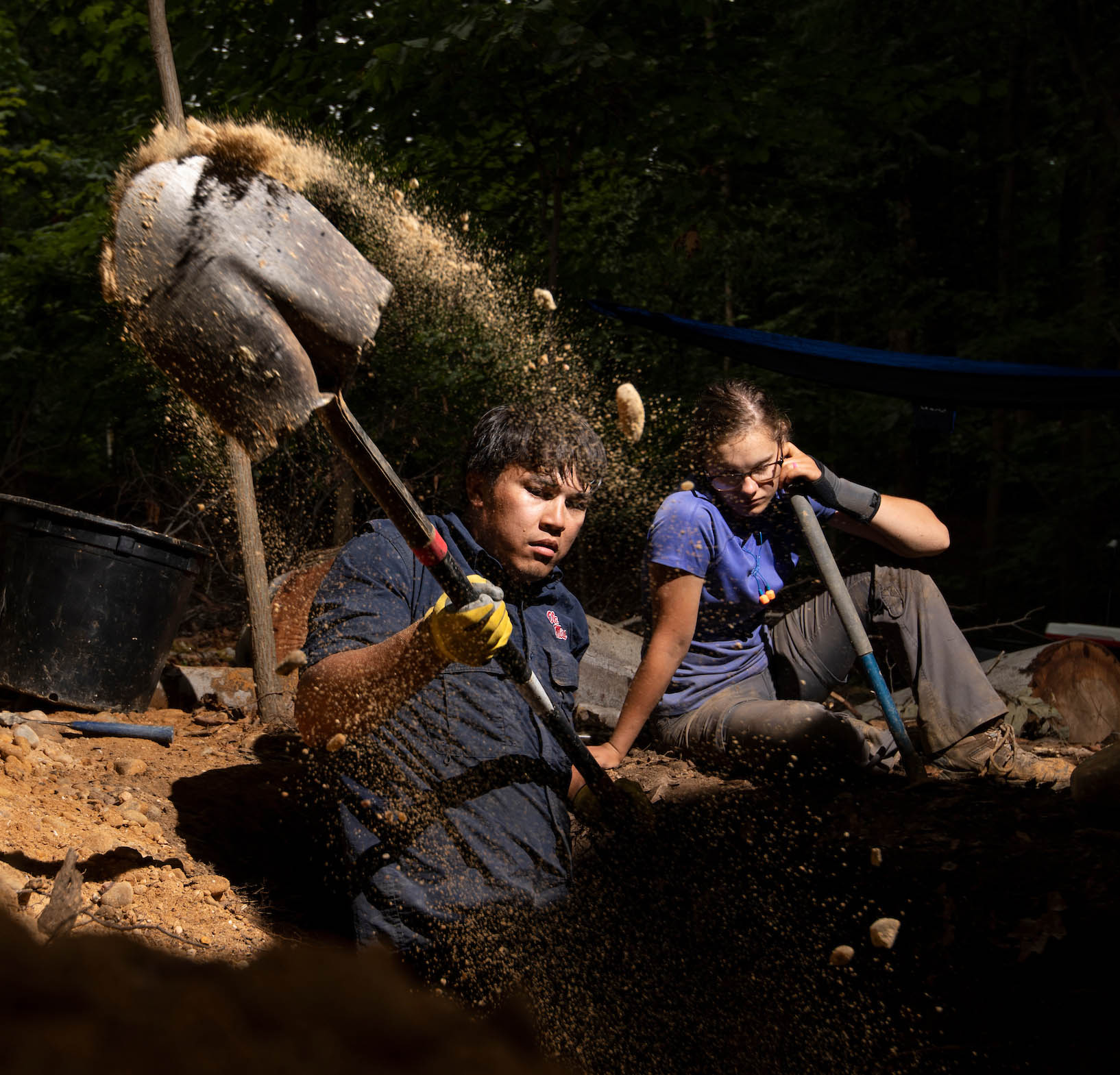
Ongoing Research at GGE
The University of Mississippi is proud to be an R1 research institution – or one of ‘very high research activity’ – as designated by the Carnegie Classification of Institutions of Higher Education. We are one of only 131 institutions in the U.S. with this top classification.
We offer a wide range of research focus areas that span both fundamental and applied geoscience. From hydrogeology and paleontology to environmental geology and geophysics, our faculty lead innovative projects that address real-world challenges and deepen our understanding of Earth’s processes.
With research opportunities for both undergraduate and graduate students, our department encourages hands-on learning and collaboration across disciplines. Students have the chance to work alongside faculty on cutting-edge projects, gain field experience, and contribute to meaningful discoveries that impact both local and global communities.
Research Focus Areas
Discover the diverse fields of study that drive innovation in geology and geological engineering at the Ole Miss.
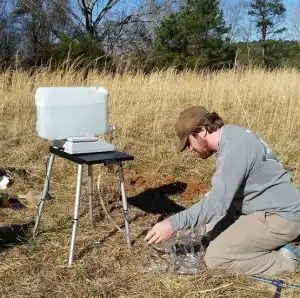
Unsaturated zone processes, vadose zone processes, groundwater modeling, surface-groundwater interaction, contaminate transport, isotope geochemistry, wetland processes, waste disposal, dam and levee hydrology.
Faculty:
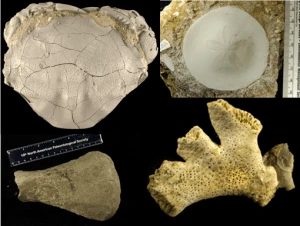
Study of ancient life, ancient soils, and ancient climate, with a focus on the Gulf Coast region of the US.
Faculty:
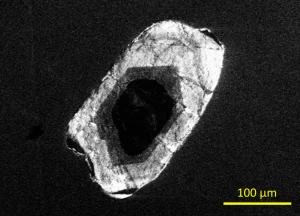
Radiogenic isotope geochemistry, zircon geochronology, thermochronology, petrology of igneous and metamorphic rocks.
Faculty:
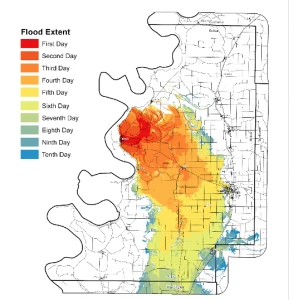
Mapping of geologic features and hazards using tools including traditional field measurements, GPS and GIS, and remote sensing.
Faculty:
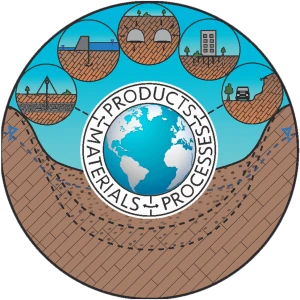
Our research in this focus area combines three distinct areas of interrelated fields of research exploring novel, effective and accurate methods to improve the geo-engineering process: mapping, testing/characterization, and design.
Faculty:
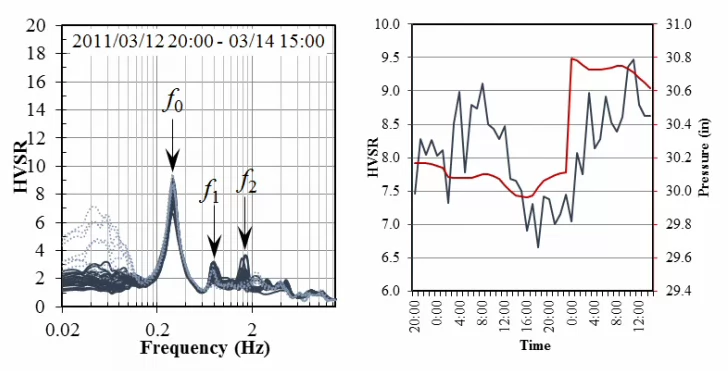
Frequency content of horizontal to vertical spectral ratio (HVSR) of long-term microtremor recordings (left) and variations of HVSR at fundamental frequency (blue) and of atmospheric pressure (red) at UM Oxford Campus (right)
Our research in this focus area primarily seeks to improve field surveying and data interpretation methods of active and passive seismic exploration.
Faculty:
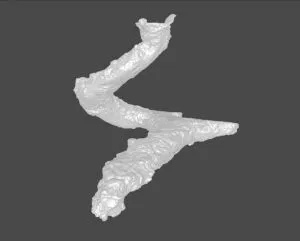
Our research involves the study of trace fossils in ancient continental environments as informed by neoichnological research in laboratory and modern continental field settings. Methods employed include traditional field and lab observations, GPR, soil coring, petrography, and 3D laser scanning.
Faculty:
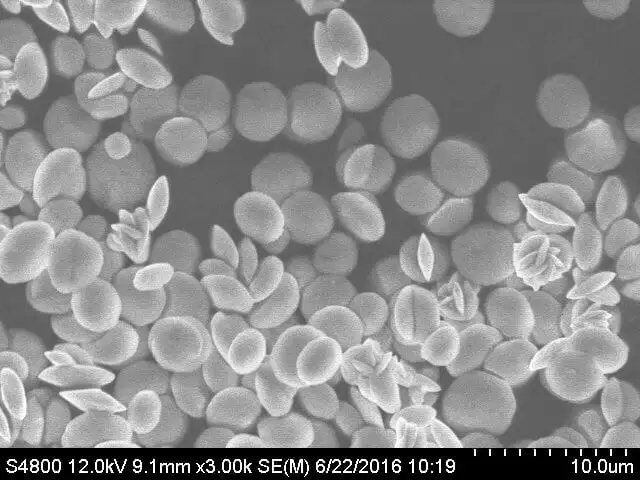
Our research goals intersect among trace metal geochemistry/isotope geochemistry and bio-geochemistry of environments. Our goal as scientists is to investigate how the microbial world affects and drives metal cycling in both modern and ancient environments.
Faculty:
Our Research Centers
Mississippi Mineral Resources Institute
We provide the public and private sectors the expertise needed to make responsible decisions regarding Mississippi’s and the nation’s natural resources and environmental well-being. We conduct research that is relevant to society and educates future geoscientists and engineers.
National Center for Computational Hydroscience and Engineering
We foster the growth of research in computational hydroscience and engineering, i.e., the development of new research and engineering tools, computational simulation models for conducting scientific research, engineering analysis and design, and environmental and ecological impact assessments in the area of natural resources (soil and water) conservation.The research and development activities of NCCHE cover a broad range of fields including watershed processes, channel network hydraulics, river morphology (meandering, bank erosion, etc.), flood analysis, dam break, sediment transport, water quality and pollutant transport, river training and restoration, and more.
